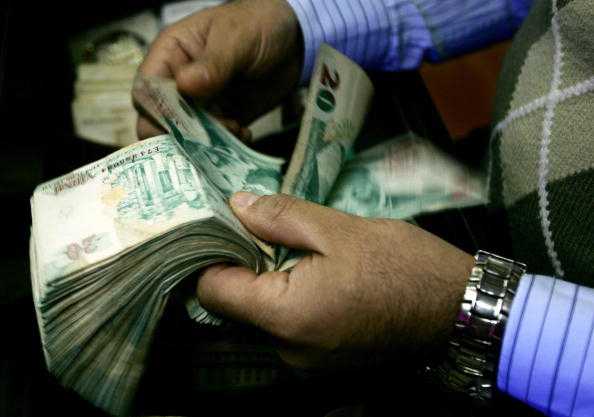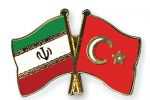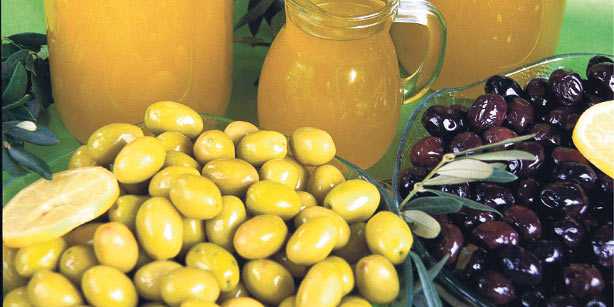Turkey: mind the gap
October 11, 2011 11:55 am by Daniel Dombey

New figures have been released about Turkey’s most pressing economic problem – its hefty current account deficit. The good news, analysts say, is that it looks like the deficit has peaked. The bad news is that it is still set to be around 10 per cent of GDP by the end of the of the year – more than the economy can easily sustain.
The latest figures, released on Tuesday, were broadly in line with analysts’ expectations, showing a deficit of $3.96bn for August, despite strong tourism revenues. That brings the 12-month rolling deficit to $75.1bn.
The Turkish government argues that the deficit is largely a function of high oil prices and the country’s energy needs – Turkey’s energy imports alone could reach $45bn this year.
But the problem goes beyond that. “The non-energy current account deficit of about $24.7bn in the first eight months of the year doesn’t compare favourably with a deficit of $5.7 bn in the same period of 2010, highlighting the degree of deterioration in Turkey’s underlying external performance,” says Ilker Domac of Citigroup Global Markets in a research note.
“However, the August print also provides signs of improvement on the external front, as the August deficit in seasonally adjusted terms represents the narrowest monthly gap since November 2010.”
For that reason, Domac argues, the latest figures corroborate the “adjustment scenario” in which the deficit recedes as the economy slows down and the effects are felt of the lira’s more than 20 per cent decline against the dollar and the euro over the past year. But even so the slow-down alone will not be enough to bring the deficit down to more normal levels of 5-6 per cent of GDP.
The real weakness is the funding of the deficit. So although foreign direct investment reached $8.6bn for the first eight months of the year – more than double the level of the same period a year before – FDI underwrites only about a fifth of the deficit.
Indeed, Ekspres Invest in Istanbul notes that the “key financing source” for the deficit in August appeared to be central bank reserves, down $4.4bn for the month. By comparison, there was a net outflow of portfolio funds of $1.5bn for the month , compared with an accumulated net inflow of $19.4bn for the year to the end of July.
“We reckon that the portfolio and short term inflows (such as deposits and credits) financed 70 per cent of the 12-month current account deficit as of August versus 109 per cent in January and 85 per cent in May,” Ekspres says. “On the other hand, the FDI and long term loans financed 24 per cent of the 12-month deficit in August, up from 8 per cent in January and 17 per cent in May. While the shift in the composition of the financing instruments is healthy, the deceleration of the overall inflows resulted in a weaker reserve outlook for the central bank.”
The note adds that although imports are set to slow, increasing Turkey’s exports will be more of a challenge given the economic problems in the EU, Turkey’s biggest market by far.
The reserve outlook is particularly relevant, since the central bank, which has decided that the lira’s fall has been too precipitous, has started selling large amounts of foreign currency to prop it up. In its latest such move, it announced on Tuesday that it would sell a maximum of $350m for the day.
via Turkey: mind the gap | beyondbrics | News and views on emerging markets from the Financial Times – FT.com.





